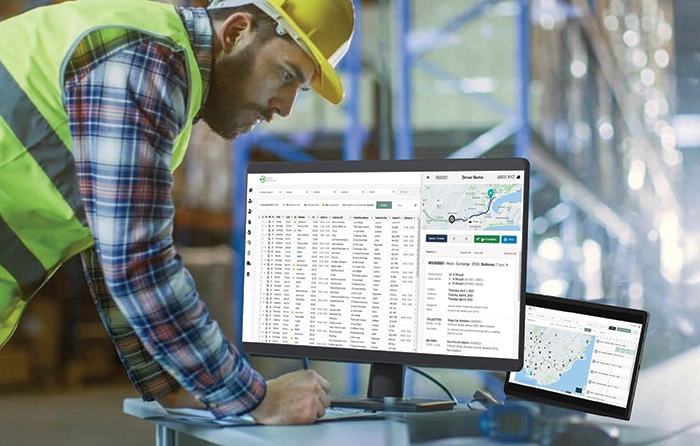
The waste management sector is crucial for reducing landfill waste and methane emissions, accounting for 14% of U.S. emissions. With a current market value of nearly $1.5 trillion, it is projected to grow to $2 trillion by the end of the decade. This growth is driven by increased waste production and environmental concerns, highlighting the need for innovative solutions.
Despite positive growth prospects, the industry faces challenges such as outdated technology and regulatory inconsistencies. Embracing IoT and AI technologies can enhance operational efficiency and data-driven decision-making. Waste management operators must invest in these technologies to optimize waste collection and contribute to a sustainable circular economy.
• AI can significantly enhance operational performance in waste management.
• IoT technology optimizes waste collection routes and reduces environmental impact.
In waste management, AI is used to analyze large data sets for operational improvements.
It plays a key role in optimizing waste collection through real-time data monitoring.
It is essential for waste management operators to make informed decisions based on collected data.
The company focuses on leveraging technology to improve efficiency in the waste management sector.
Letsrecycle.com 14month
Waste Advantage Magazine 18month
Isomorphic Labs, the AI drug discovery platform that was spun out of Google's DeepMind in 2021, has raised external capital for the first time. The $600
How to level up your teaching with AI. Discover how to use clones and GPTs in your classroom—personalized AI teaching is the future.
Trump's Third Term? AI already knows how this can be done. A study shows how OpenAI, Grok, DeepSeek & Google outline ways to dismantle U.S. democracy.
Sam Altman today revealed that OpenAI will release an open weight artificial intelligence model in the coming months. "We are excited to release a powerful new open-weight language model with reasoning in the coming months," Altman wrote on X.
